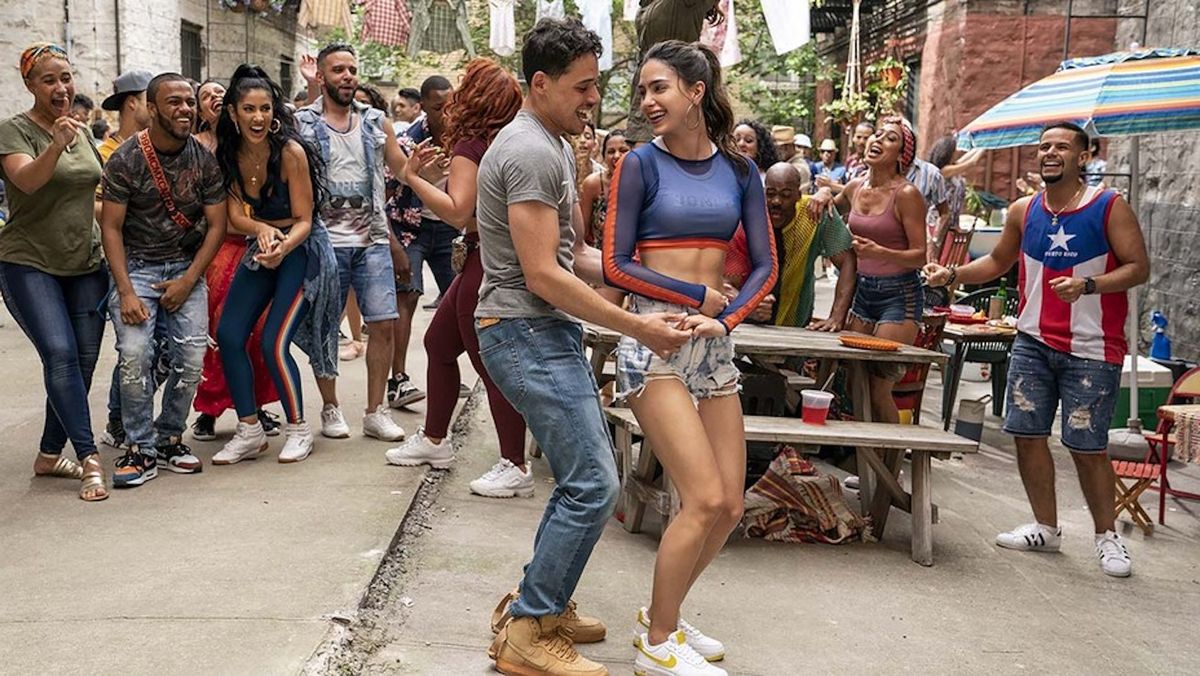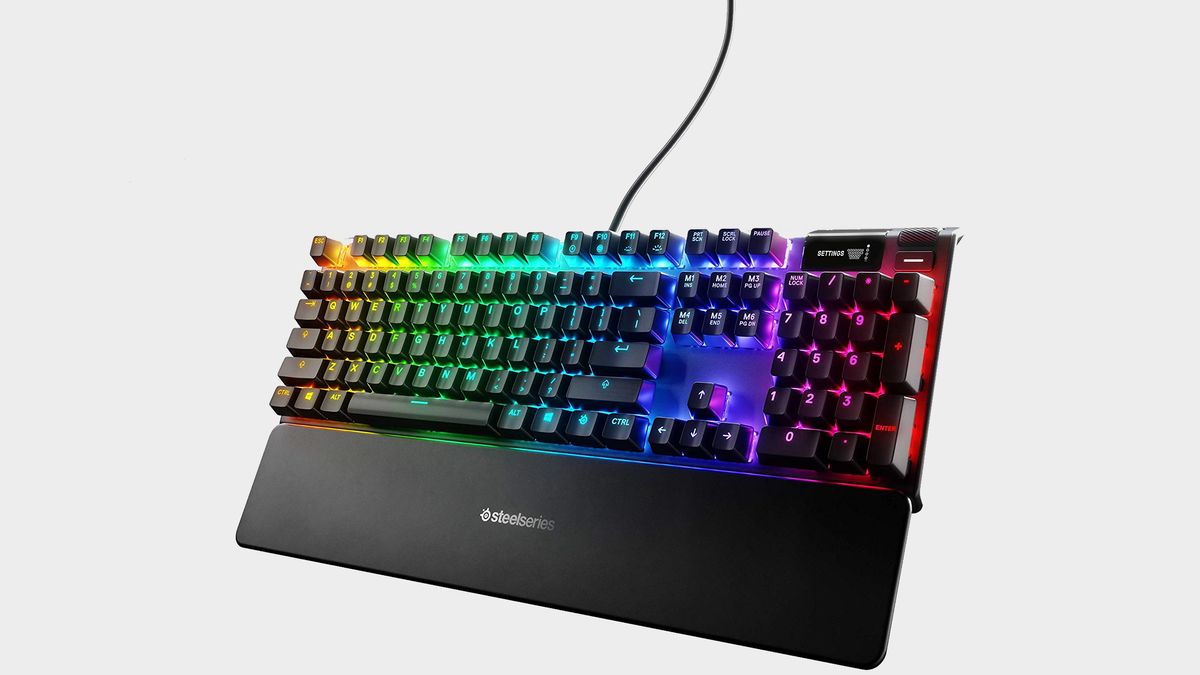Since Stacy Peralta’s big-wave classic Riding Giants set the benchmark in 2004, many surfing documentaries have tried to swipe its crown.
But jazzy efforts like Billabong Odyssey and Bustin’ Down The Door didn’t come close to capturing the soul, thrill and spill of waveriding.
Sneaking in from the blindside, Rio Breaks is something different. It introduces us to 13-year-old Fabio and his friends, who live near Arpoador Beach in Rio.
Behind them in the hillside lies a sprawling favela home (“They call it ‘Vietnam’ because of the shootouts”) and the trigger-happy drug gangs who control it. In front of them is the sea, an endless expanse of freedom, and possibility. This subtle, instant metaphor is just the start of Rio Breaks’ quiet power.
Gorgeously lensing sea, skin and sun, director/co-writer Justin Mitchell slides between a series of startling contrasts. The beauty of the beach to the assault rifles of the slums. Young children to careworn adults. Smiles to tears.
Sometimes tracking close into his youngsters’ faces, sometimes cautiously watching at a distance, Mitchell’s cameras delicately watch as two paths split in front of little Fabio.
Winning a local surf contest and becoming a pro could make his dreams real. Fail and he looks certain to sink into a future of crime – and, like his father, become one of the 15,000 young men killed by guns every year in Brazil. Quite simply (to our knowledge but not to his) Fabio is surfing to save his life.
Like the greatest sports movies, Rio Breaks is bigger than the sport it celebrates. But while carefully revealing the unique growing pains of favela life, Mitchell’s film never allows itself to become sucked under.
Fusing together a heartfelt ode to surfing with a heartbreaking tale of slum survival, it triumphs as a lovely, bittersweet vision of both Rio’s double life and the fragile hopes of childhood.
 Game News Video Games Reviews & News
Game News Video Games Reviews & News



